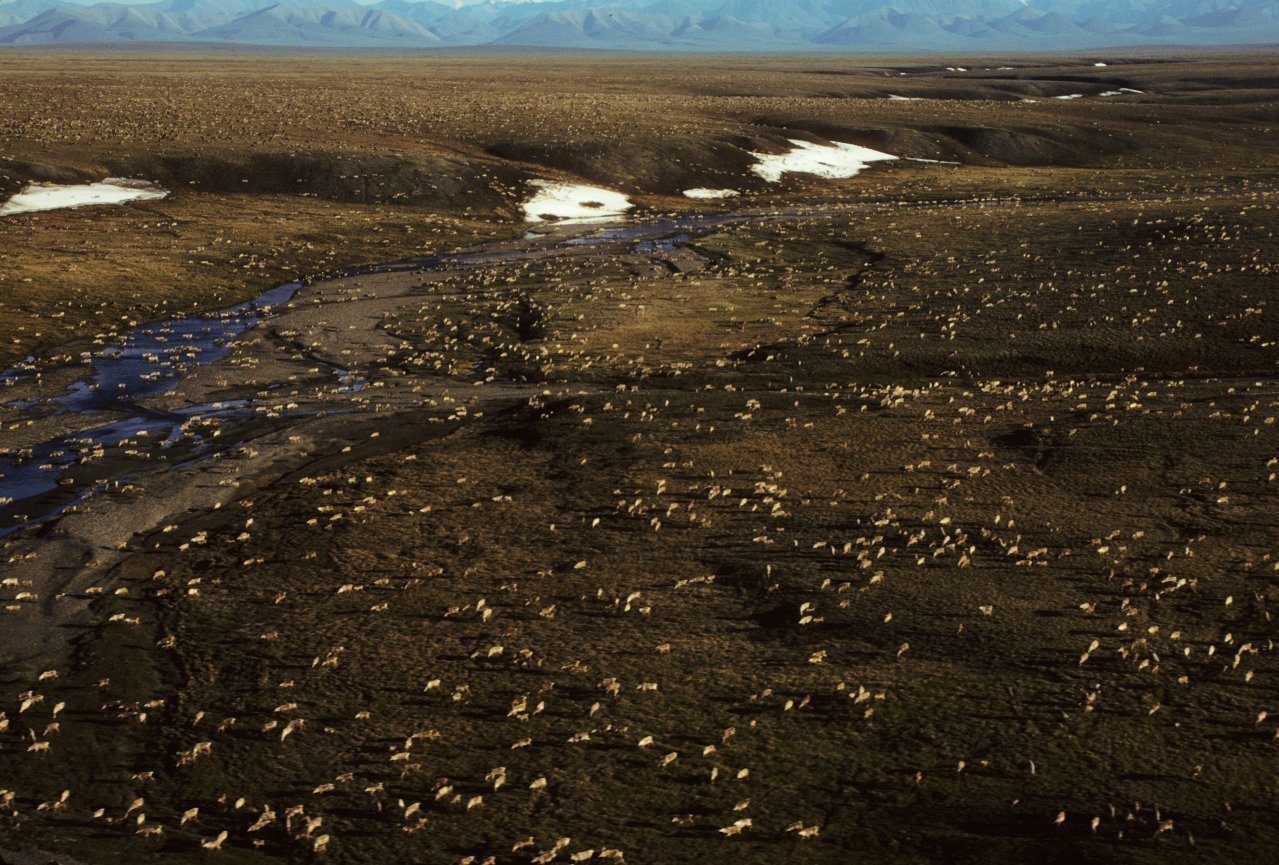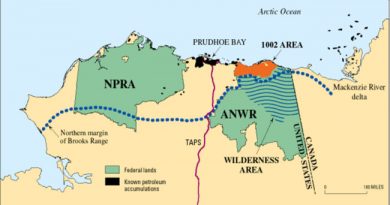Arctic refuge oil rights auction faces uncertain response

Oil and gas companies are unsurprisingly remaining quiet about their intentions, says one industry player
The Trump administration is preparing to auction oil drilling rights inside Alaska’s Arctic National Wildlife Refuge, but the degree to which the industry will participate is uncertain.
Leases on the land in northeast Alaska could be go on the block days before president-elect Joe Biden takes office, Alaska’s Energy Desk reported Tuesday.
Supporters, including Alaska’s congressional delegation, have celebrated the prospect of a lease sale as a way to create jobs and revenue. Opponents express concerns about impacts on ecosystems, Indigenous people and the climate.
Kara Moriarty, CEO of the Alaska Oil and Gas Association, said oil and gas companies are unsurprisingly remaining quiet about their intentions.
“Participation in lease sales is one of the most competitive and secretive things between companies,” Moriarty said.
The public likely will not learn about the industry’s level of interest until the federal government unseals the bids on the sale date, which has not yet been announced.
There is a possibility that the sale could be held shortly before Biden’s Jan. 20 inauguration.
Uncertainty and risk
Some industry analysts believe there is a measure of uncertainty and risk that could lead to limited interest in a lease sale within the next two months.
The coronavirus pandemic and an oil price war have hit the oil industry hard. Oil prices remain low and there are high costs and difficulties involved in Arctic exploration, said Mark Myers, a geologist and former Alaska natural resources commissioner.
“The prices have fallen down to a level that leaves very little capital for exploration in these companies,” Myers said.
Rowena Gunn, an analyst for energy research firm Wood Mackenzie Ltd., said public criticism of drilling in environmentally sensitive areas could weigh heavily on publicly traded companies.
Colorado-based energy economist Philip Verleger said he would not expect a deluge of bids because of the uncertainty over future demand for oil and natural gas.
A lease sale in the refuge would have been “terrifically successful” 15 years ago, but the time to develop the coastal plain has passed, Verleger said.
“The cost of going there and developing and putting the resources in is too high, particularly since the production would last a long time, and we don’t know if demand would last as long,” he said.
Related stories from around the North:
Canada: Indigenous leaders applaud most recent Canadian bank to nix financing Arctic oil and gas, Eye on the Arctic
Finland: The Arctic Railway – Building a future, or destroying a culture?, Eye on the Arctic
Iceland: Indigenous wildfire knowledge to be key part of new Arctic Council project, Eye on the Arctic
Russia: Russian Indigenous groups call on Elon Musk to boycott company behind Arctic environmental disasters, The Independent Barents Observer
United States: U.S. government makes proposal that could limit bank pullback of Arctic oil, gas funds, The Associated Press



